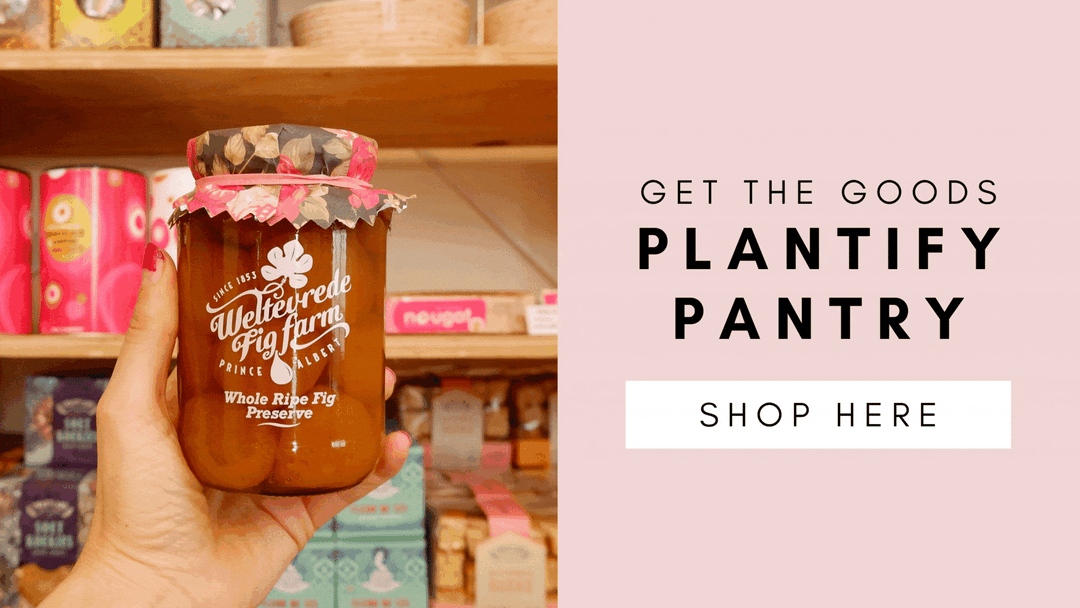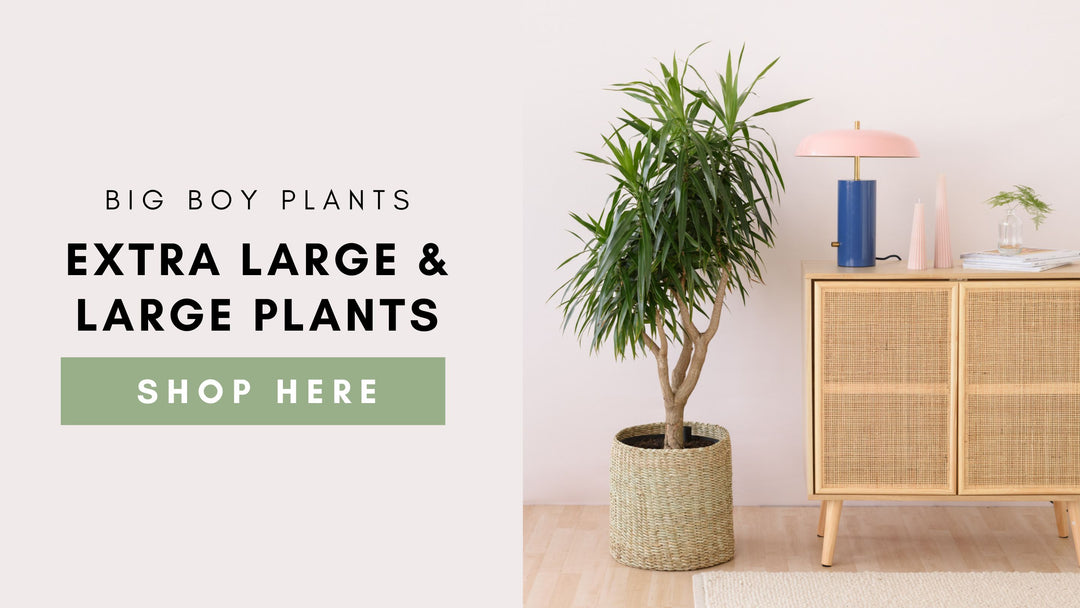Crocodile Fern Care Instructions
Crocodile Fern
Scientific name: Microsorum Musifolium
Synonyms: Crocodile Fern, Crocodyllus Fern, Alligator Fern
Crocodile ferns are the new kid on the block with the super cool patented Fo-leather kicks. This unique fern is a must have for any houseplant enthusiast or die hard fern lover. It derives its name from it’s flat tessellated fronds that resemble the patterning on crocodiles. They are native to Southeast Asia and Australia where they are found growing epiphytically on trees in warm, brightly lit and humid jungles.
NOTE: Even though the name may suggest danger these lovely ferns are not harmful to humans or pets.
Common Symptoms
- Scorched foliage/ pale leaves: Your plant is getting too much bright light. Crocodile ferns are understory plants, which means they grow under the jungle canopy where there is no direct light. Adjust the positioning of your fern to provide it with bright filtered light.
- Yellowing leaves: If yellowing takes place once in a while , do not be alarmed,this is the natural life cycle of any plant, older leaves generally yellow and fall, however if yellowing is sudden and excessive this is an indication of overwatering. Readjust your watering schedule and be sure that your planter is draining correctly.Microsorum Musifolium don’t like their kicks to stay soggy.
- Brown edges and crispy leaves: Humidity is crucial for most tropical ferns and brown edges are a clear indicator of dry air. Rectify this by placing your planter on a pebble tray with water and spritz your fern several times a week. Crispy leaves are a sign of underwatering, be sure that you are keeping the soil evenly moist, not soggy, and not allowing it to dry out completely.
- Center of fern black and mushy: Crocodile Fern fronds tend to grow in a rosette formation creating an ideal location for water to pool and cause rot. When watering your fern make sure to water around the plant and to only wet the soil and not to allow water to collect on the leaves and pool within the rosette.
- Pests: Pest infestations are not a common issue for these ferns, however, incorrect care can lead to your fern being susceptible to common pests such as scale and mealybug. Be sure that your plant is in its optimal conditions. If any pest problems do arise, treat it with an organic pesticide.
Care Instructions
- Origin: Native to Southeast Asia and Australia
- Height: 90cm indoors & 1.5m in the natural habitat - will be similar in width and height.
- Light: Bright filtered to low light, too bright a light can leave it looking bleached
- Water: Keep soil evenly moist using room temperature water. Do not allow the soil to become oversaturated and soggy.
- Humidity: High humidity and regular misting is a must for this fern. A high level of humidity prevents browning of the leaf edges and promotes healthy lush growth.
- Temperature: Ideal temperatures range between 18°C and 23°C, it can tolerate cooler temperatures however they should not descend lower than 12°C.
- Soil: A free-draining humus rich potting mix is ideal. This includes any soil high in coco peat. Light water retentive soil is ideal.
- Fertilizer: Avoid nutrient deficiency in your fern by fertilizing regularly with an organic fertilizer made for ferns or a well balanced organic fertilizer at half strength. Apply fertilizer monthly throughout the growing season, spring through summer.
- Repotting: As a slow growing houseplant your fern will not need regular repotting. Repotting can be done when the fern becomes top heavy in its current planter. Be sure not to plant too deeply as the root system of the crocodile fern is shallow growing.
- Propagation: The easiest way to propagate a Microsorum Musifolium is via root division. When dividing up your houseplant, be as gentle as possible with the roots as not to damage too many. Severe root damage could lead to the death of your established plant or your new division not taking root. Place in a well draining water retentive soil and water thoroughly, be sure not to allow the soil to dry out while the plant is being established.
If in stock, shop for Crocodile Ferns here.





